January 1, 2017
A workplace tale told in numbers: WeWork in 2016 0
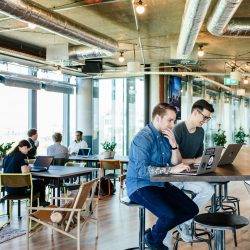 WeWork is the weather vane for a new era in which property is increasingly consumed as a service. The company has issued a statement looking back over its achievements during the past year. It’s a tale told in numbers so makes interesting reading. The firm claims it has added 58 new spaces and now offers over 110 locations open around the world for its 80,000 members. It has opened spaces in 18 new cities including Berlin (Berlin), Beer Sheva, Seoul, Mexico City, Shanghai, Hong Kong, Montreal, Philadelphia, Atlanta, Denver and Sydney. Perhaps most tellingly, it has extended its client reach to include firms such as Microsoft, HSBC, Bacardi and Samsung. There’ll be lots of people offering up lists at this time of year detailing key workplace trends. Few will be as instructive as the numbers coming out of WeWork and the wider coworking movement.
WeWork is the weather vane for a new era in which property is increasingly consumed as a service. The company has issued a statement looking back over its achievements during the past year. It’s a tale told in numbers so makes interesting reading. The firm claims it has added 58 new spaces and now offers over 110 locations open around the world for its 80,000 members. It has opened spaces in 18 new cities including Berlin (Berlin), Beer Sheva, Seoul, Mexico City, Shanghai, Hong Kong, Montreal, Philadelphia, Atlanta, Denver and Sydney. Perhaps most tellingly, it has extended its client reach to include firms such as Microsoft, HSBC, Bacardi and Samsung. There’ll be lots of people offering up lists at this time of year detailing key workplace trends. Few will be as instructive as the numbers coming out of WeWork and the wider coworking movement.





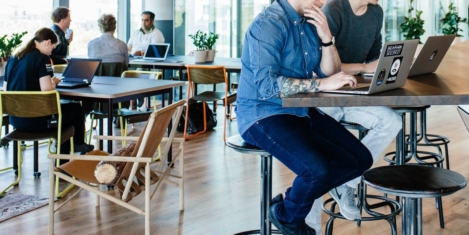


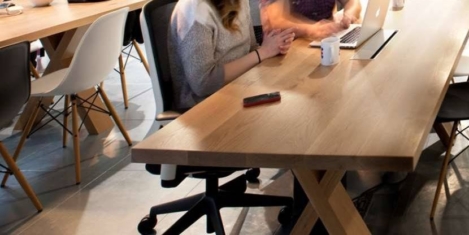

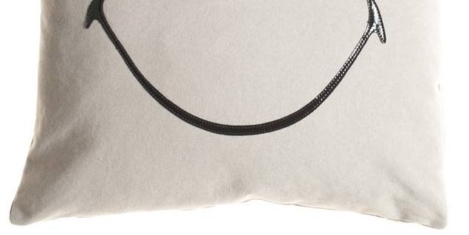






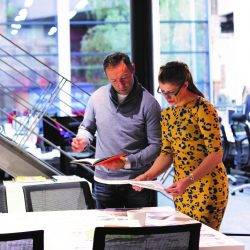
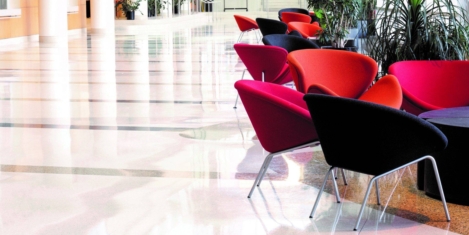
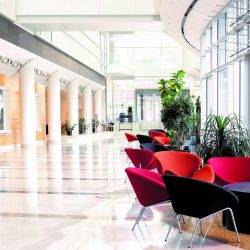












November 28, 2016
Britain is missing a trick by not getting workplace training right 0
by Steve Hill • Comment, Workplace
(more…)